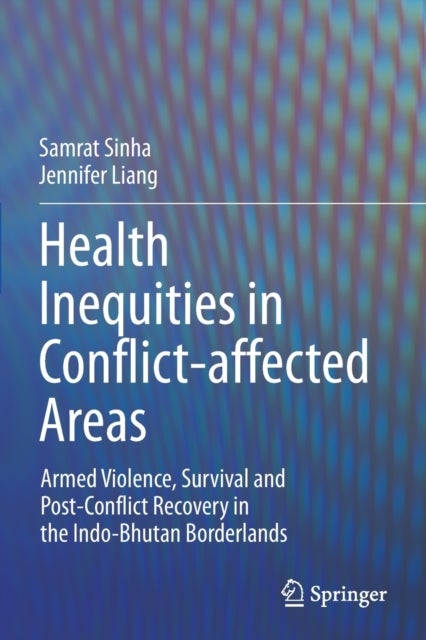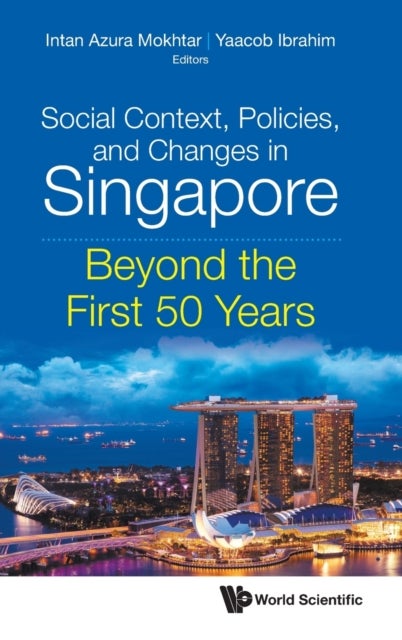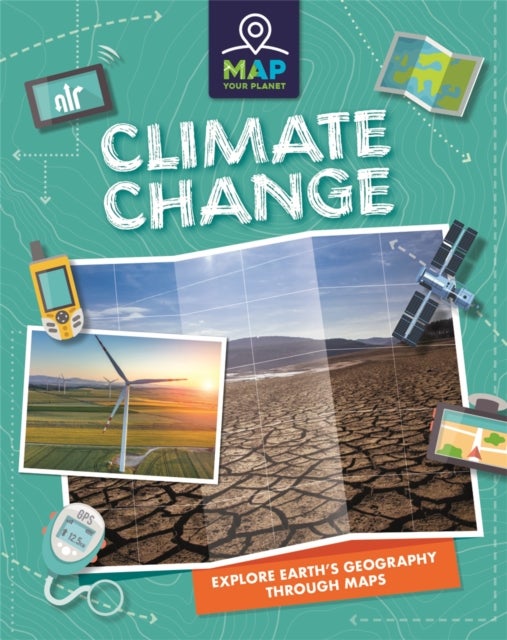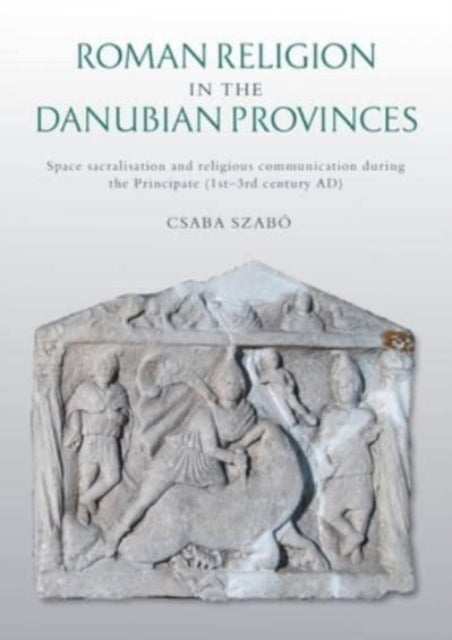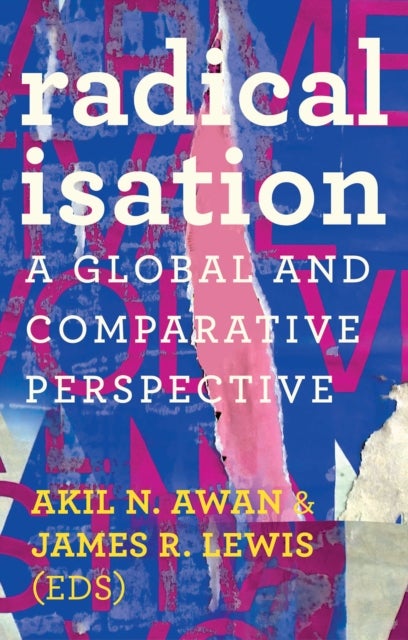
Radicalisation
623,-
Radicalisation has become an important part of the twenty-first-century security and political landscape. It is a seemingly ubiquitous term, employed by academics, policymakers, civil society actors, practitioners and media alike, in ever-expanding ways--describing everything from changing domestic social movements to the growth of international terrorism. This volume provides a comprehensive treatment of ''radicalisation'': the processes during which individuals or groups adopt increasingly extreme political, social or religious beliefs, positions or aspirations, particularly in cases associated with the use of violence. Adopting a multifaceted and comparative approach, the contributors interrogate this phenomenon from wide-ranging social, ideological, religious and historical angles. The first part of the book explores how academia has engaged with the concept of radicalisation, including the ontological and epistemological concerns of Critical Terrorism Studies; theoretical models f

